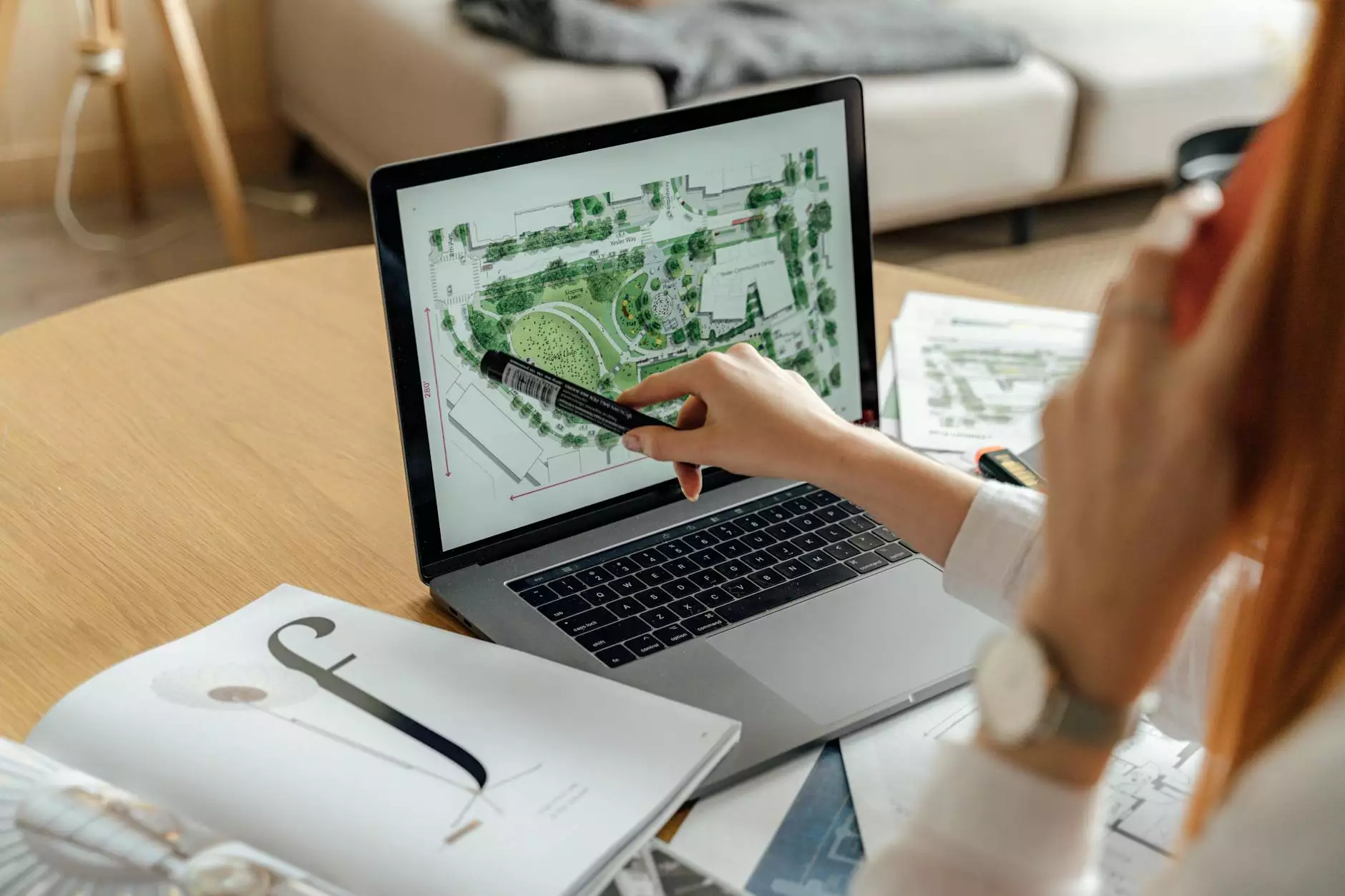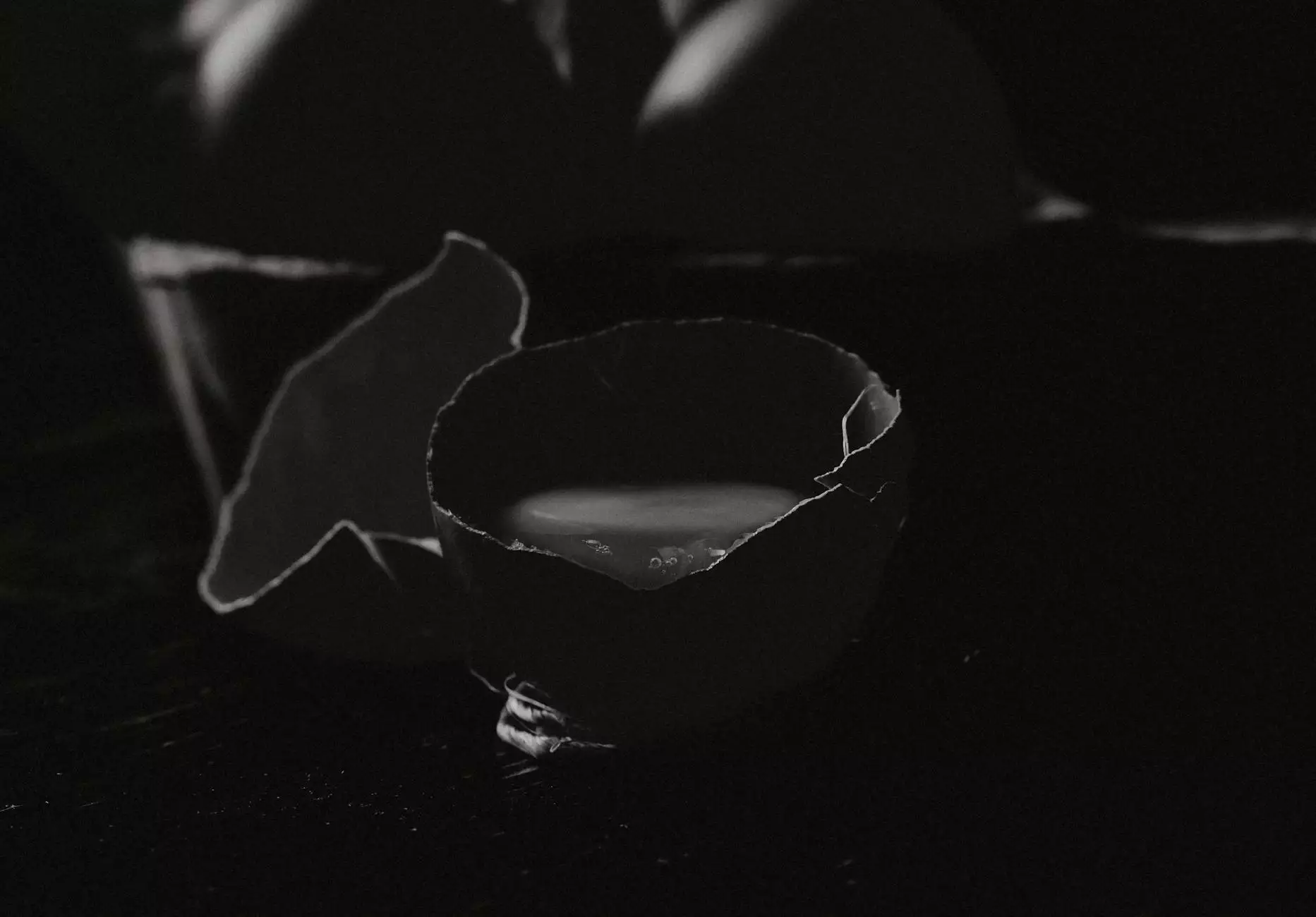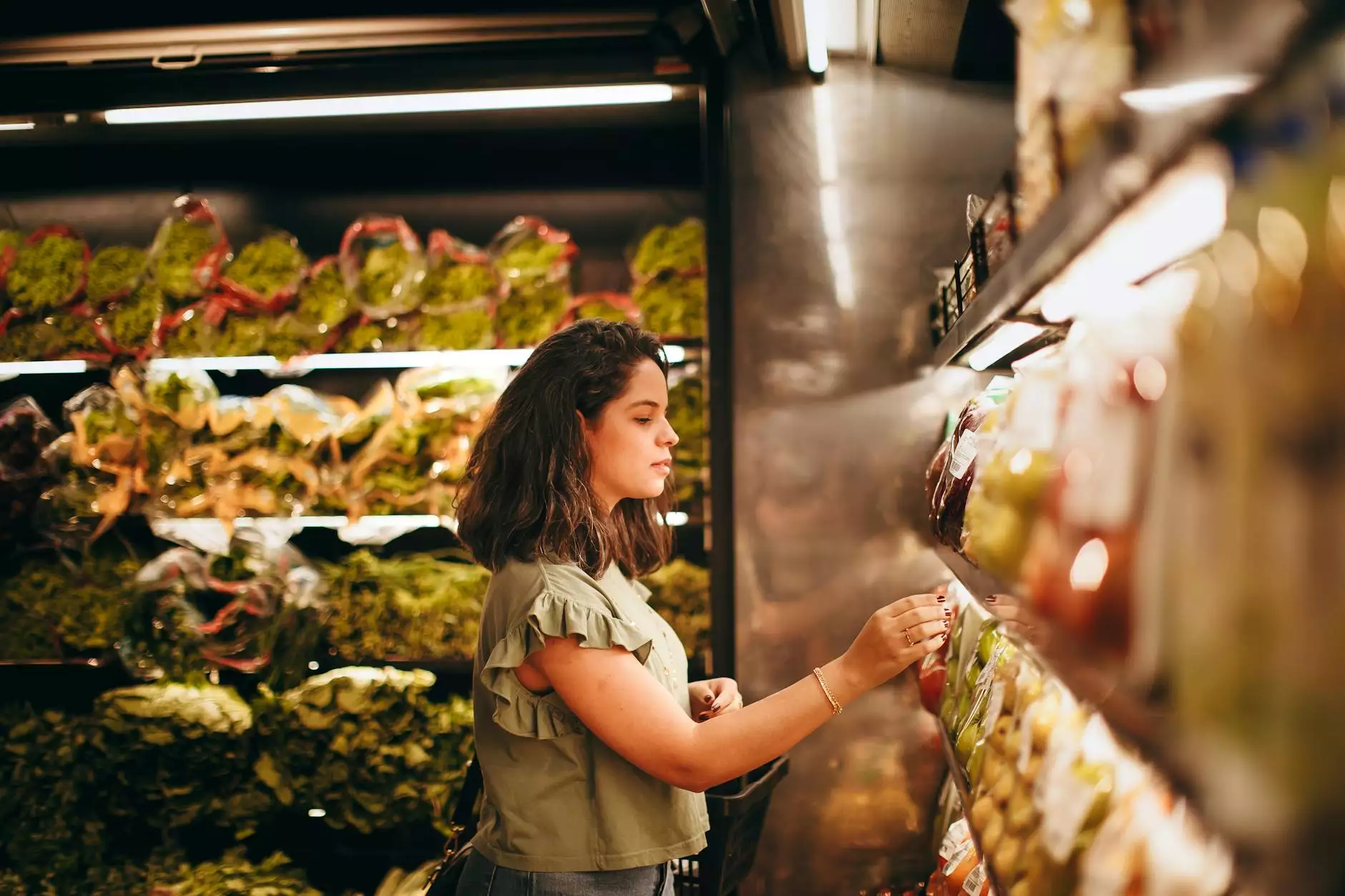Import Sugar from Brazil: Your Comprehensive Guide

Entering the global market for sugar as a commodity has become increasingly attractive for businesses looking to expand their portfolios. One of the most promising markets for importing sugar is Brazil, a powerhouse known for its rich agricultural landscape and favorable climatic conditions that produce high-quality sugarcane. This article will delve deep into the ins and outs of how to import sugar from Brazil, the benefits of doing so, and much more.
Why Choose Brazil for Sugar Importing?
Brazil is the largest producer and exporter of sugar in the world, accounting for over 30% of the global sugar supply. Here are some compelling reasons why you should consider importing sugar from Brazil:
- Exceptional Quality: The sugar produced in Brazil is known for its high purity and competitive pricing.
- Diverse Sugar Types: Brazil offers a variety of sugars including raw, refined, and organic options, catering to various market needs.
- Established Supply Chain: Brazil has a well-developed network of sugar suppliers and exporters that streamline the import process.
- Favorable Trade Agreements: As a member of Mercosur, Brazil benefits from various trade agreements that may reduce tariffs and enhance import opportunities.
- Growing Market: With expanding international demand, importing sugar from Brazil can be a lucrative business strategy.
Understanding the Sugar Market in Brazil
The Brazilian sugar market is characterized by its large-scale production and advanced processing techniques. The country’s sugarcane production is primarily concentrated in the states of São Paulo, Minas Gerais, and Goiás, where the climate and soil conditions provide the ideal environment for cultivating this crop. Let’s explore some key aspects of the sugar market in Brazil:
Types of Sugar Offered
Brazil’s sugar industry is diverse, providing various types of sugar for different uses.
- Raw Sugar: Often used in industrial applications and food production.
- Refined Sugar: Ideal for retail and consumer packaged goods.
- Organic Sugar: Gaining traction among health-conscious consumers.
Global Export Trends
Brazil continues to expand its share in the global sugar export market. Several factors drive this growth:
- Increased Demand: There is a rising global demand for sugar, particularly in developing countries.
- Technological Advancements: Improvements in production techniques boost sugar efficiency and lower costs.
Key Considerations for Importing Sugar from Brazil
When embarking on the journey to import sugar from Brazil, there are several crucial considerations that businesses must keep in mind:
Compliance with Regulations
It’s essential to understand both Brazilian export regulations and your home country’s import regulations. This includes tariffs, quotas, and health safety standards. Working with a customs broker can simplify this process significantly.
Choosing the Right Supplier
Choosing a reputable sugar supplier is vital. You should consider:
- Supplier History: Analyze their track record and reputation in the market.
- Quality Assurance: Ensure they provide certifications (like ISO) for their products.
- Negotiation Flexibility: Look for suppliers who can adapt to your specific needs.
Import Process: A Step-by-Step Guide
Here’s a detailed step-by-step guide to help you successfully import sugar from Brazil:
1. Research and Identify Your Supplier
Begin by researching and identifying potential sugar suppliers. Utilize platforms like brazilsugartopsuppliers.com to find reliable suppliers who match your business requirements.
2. Place Your Order
Once you’ve identified a supplier, negotiate pricing, delivery times, and payment terms. Ensure that you get everything in writing.
3. Prepare Required Documentation
Documentation is crucial in the import process. Common documents include:
- Bill of Lading: A shipping document proving ownership of the goods.
- Commercial Invoice: Details the transaction between the supplier and buyer.
- CofA (Certificate of Analysis): Ensures the sugar meets quality specifications.
- Import Permits: Necessary for compliance with local regulations.
4. Customs Clearance
Once the sugar arrives, it must clear customs. Engage a customs broker to facilitate this process, ensuring that all regulations are followed.
5. Final Delivery
After clearing customs, arrange for the delivery of sugar to your warehouse or designated location.
Building a Long-Term Relationship with Brazilian Suppliers
Establishing a solid partnership with Brazilian suppliers can yield long-term benefits for your business. Here are some strategies to build these relationships:
- Effective Communication: Maintain open lines of communication to avoid misunderstandings.
- Regular Visits: Visiting suppliers in person can help solidify the relationship and build trust.
- Feedback Loop: Providing constructive feedback can improve product quality and service.
Conclusion: Embracing the Sugar Importing Opportunity from Brazil
In conclusion, the potential for businesses to import sugar from Brazil presents a remarkable opportunity due to Brazil’s vast production capabilities, exceptional quality, and established trade frameworks. By understanding the market, navigating the import process efficiently, and building strong relationships with suppliers, companies can profit from this thriving sector. The sugar market is robust and poised for growth, and by making informed decisions, your business can capitalize on these promising prospects.
For more insights and detailed information on sugar suppliers, visit brazilsugartopsuppliers.com to learn how you can connect with top-notch suppliers and empower your import strategy.









